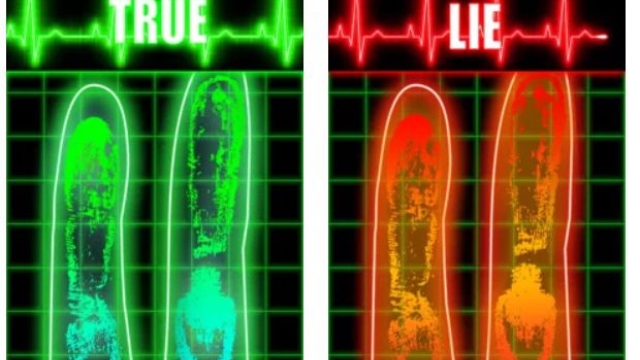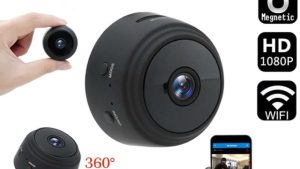
When it comes to uncovering deception, the lie detector test has long captured the public’s fascination. This cutting-edge tool, also known as the polygraph examination, plays a pivotal role in various settings, from criminal investigations to employment screenings. But what exactly is the truth behind the lie detector test? How does it work, and can we truly rely on its results to separate fact from fiction?
The concept of the lie detector test revolves around the idea that certain physiological responses, such as changes in heart rate, blood pressure, and perspiration levels, can indicate when a person is being untruthful. By measuring these markers of stress and arousal, examiners aim to detect deceptive behavior and uncover hidden truths. But while the polygraph has been used for decades as a tool for uncovering deception, its effectiveness and accuracy remain the subject of debate and scrutiny.
History of Lie Detector Tests
Lie detector tests, also known as polygraph tests, have a long and fascinating history that dates back to the early 20th century. The first primitive lie detectors were developed by psychologist William Moulton Marston, who is also the creator of the comic book character Wonder Woman.
Over the years, the technology behind lie detector tests has evolved and become more sophisticated. In the 1920s, John Larson, a police officer, made significant improvements to Marston’s device, leading to the modern polygraph machine we are familiar with today.
Despite their widespread use in criminal investigations and security screenings, lie detector tests continue to be a topic of debate among experts and the general public. Many argue that while polygraph tests can detect physiological changes associated with deception, they are not foolproof and can be influenced by various factors such as a person’s mental state or the skill of the examiner.
Accuracy and Reliability
Lie detector tests have long been used as a means to determine the truthfulness of individuals in various settings. These tests are designed to measure physiological responses, such as heart rate, blood pressure, and respiration, which are believed to fluctuate when someone is being deceptive.
One key factor to consider when assessing the accuracy of lie detector tests is their reliance on physiological indicators of stress. While these indicators can be informative, they are not foolproof and can be influenced by factors other than deception, such as anxiety or nervousness.
In practice, the reliability of lie detector tests can vary depending on the individual being tested, the expertise of the examiner, and the specific circumstances surrounding the test. Despite advancements in technology and techniques, these tests are not infallible and should be used cautiously when making important decisions based on their results.
Controversies and Ethical Concerns
Lie detector tests have long been a subject of controversy within the scientific and legal communities. Critics argue that there is no foolproof way to detect deception, and that factors such as anxiety, stress, or a misunderstanding of questions can lead to erroneous results.
Lie detector exam
Ethical concerns also play a significant role in the debate surrounding lie detector tests. Some believe that the use of such tests can infringe upon an individual’s privacy rights and may lead to false accusations or unjust outcomes. Moreover, the subjective interpretation of test results by examiners raises questions about reliability and bias.
Despite advancements in technology and the development of computerized polygraph tests, the reliability and accuracy of lie detector tests continue to be a point of contention. As the legal and ethical implications of using these tests in various settings are debated, it remains important to consider the potential consequences and limitations of relying on such methods for determining truthfulness.





